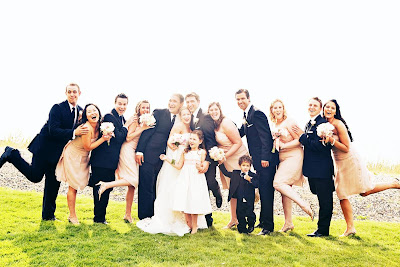MOOCing It Up
MOOCs: I love them.
You have never heard of them, you say? Well.... MOOCs (Massive Open Online Courses) are great ways to learn new stuff from people who really know their stuff.
Basically these classes have a video component (like a traditional lecture), a reading component (normally online articles, not books), a quiz component (that you can take several times if you are wanting to improve your score), and a writing component (that is peer reviewed by others in the class). All of these parts make your grade and you can get a certificate of achievement if you score well enough on the graded parts.
There are a few big providers, but my favorite is Coursera.com. This provider has given me access to classes from some big name universities (Brown, Harvard, Cambridge anyone?), with access to great professors (Dr. Chuck from the University of Michigan [seriouslly he goes by this] and Dr. Alcock from Brown University), and content that I would never have had access to in a face-to-face format due to my location in Turkey.
So, what's the point of this little rant?
Well, as a teacher I'm really interested in how this format of information delivery will impact the high school level. As someone who has enrolled in and successfully completed a few of these classes, I feel that the learning I have done would be adequate for some sort of high school credit if my students were to have done the same courses.
I'm also interested in how high schools could adapt the principals of MOOCs to better serve current students. Could a high school set up a mini-MOOC that could serve 100-500 students over several districts? Would all of the participants need to be from one country? How could international standards be used in the creation of learning targets so that classes could fulfill individual national requirements?
These are some big questions, and I don't really have any answers, but I will be working to see if I can help find them.
You have never heard of them, you say? Well.... MOOCs (Massive Open Online Courses) are great ways to learn new stuff from people who really know their stuff.
Basically these classes have a video component (like a traditional lecture), a reading component (normally online articles, not books), a quiz component (that you can take several times if you are wanting to improve your score), and a writing component (that is peer reviewed by others in the class). All of these parts make your grade and you can get a certificate of achievement if you score well enough on the graded parts.
There are a few big providers, but my favorite is Coursera.com. This provider has given me access to classes from some big name universities (Brown, Harvard, Cambridge anyone?), with access to great professors (Dr. Chuck from the University of Michigan [seriouslly he goes by this] and Dr. Alcock from Brown University), and content that I would never have had access to in a face-to-face format due to my location in Turkey.
So, what's the point of this little rant?
Well, as a teacher I'm really interested in how this format of information delivery will impact the high school level. As someone who has enrolled in and successfully completed a few of these classes, I feel that the learning I have done would be adequate for some sort of high school credit if my students were to have done the same courses.
I'm also interested in how high schools could adapt the principals of MOOCs to better serve current students. Could a high school set up a mini-MOOC that could serve 100-500 students over several districts? Would all of the participants need to be from one country? How could international standards be used in the creation of learning targets so that classes could fulfill individual national requirements?
These are some big questions, and I don't really have any answers, but I will be working to see if I can help find them.


Comments
Post a Comment